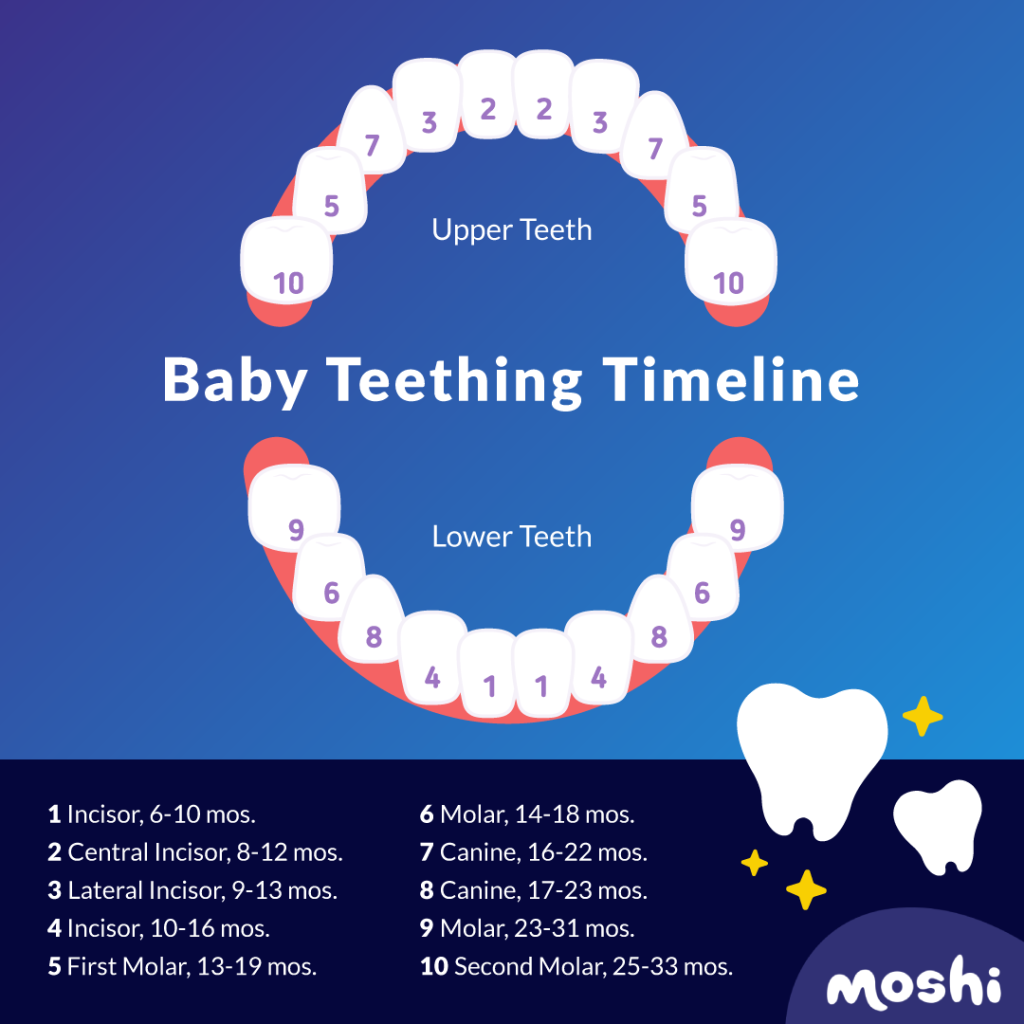Baby Teething Remedies: How to Comfort Your Teething Baby
Baby Teething Remedies: How to Comfort Your Teething Baby
Teething is a normal developmental milestone that marks the appearance of your baby's first teeth. While exciting, this phase can also be challenging for both babies and parents. Teething may cause discomfort, fussiness, disrupted sleep, and even mild fevers. In this post, we’ll explore safe and effective ways to soothe your baby during teething.
1. When Does Teething Start?
Most babies begin teething between 4 and 7 months of age. Signs your baby may be teething include:
-
Increased drooling
-
Chewing on hands or toys
-
Irritability or fussiness
-
Swollen or tender gums
-
Changes in feeding or sleeping patterns
2. Best Ways to Relieve Teething Discomfort
2-1. Offer Teething Toys
-
What to Do:
-
Provide your baby with BPA-free, soft teething rings or rubber toys.
-
Chill (but do not freeze) the toys for added soothing relief.
-
-
Why It Helps:
-
Relieves gum pain through gentle pressure and cooling sensation.
-
2-2. Gently Massage the Gums
-
What to Do:
-
Wash your hands and gently rub your baby’s gums with a clean finger or moistened gauze pad.
-
-
Why It Helps:
-
Provides direct relief by applying light pressure.
-
2-3. Use Chilled Washcloths
-
What to Do:
-
Wet a clean washcloth, chill it in the refrigerator, and let your baby chew on it.
-
-
Why It Helps:
-
Reduces inflammation and soothes sore gums.
-
2-4. Offer Cold Foods (for Older Babies)
-
What to Do:
-
If your baby is eating solids, offer chilled purees, yogurt, or soft fruits.
-
-
Why It Helps:
-
Combines nutrition with gum relief.
-
2-5. Provide Extra Cuddles and Comfort
-
What to Do:
-
Hold and soothe your baby more often during teething episodes.
-
-
Why It Helps:
-
Emotional support can reduce irritability and stress.
3. What to Avoid During Teething
-
Frozen teething toys: Can be too hard and cause gum damage.
-
Teething necklaces or bracelets: Pose choking and strangulation risks.
-
Topical gels with benzocaine: Not recommended due to potential health risks.
4. Caring for New Teeth
-
Start brushing early: As soon as the first tooth appears, use a soft baby toothbrush with water.
-
No fluoride toothpaste under age 2 unless directed by a pediatrician.
-
Avoid putting baby to bed with a bottle to prevent tooth decay.
5. When to Call the Pediatrician
Teething should not cause high fever, diarrhea, or rash. Contact your doctor if:
-
Your baby has a fever above 100.4°F (38°C)
-
Symptoms last longer than a few days
-
There’s excessive drooling or crying with no relief
-
You notice other signs of illness (such as ear pulling or vomiting)
6. Final Thoughts
Teething can be tough, but with patience and gentle care, you can help your baby through this important phase. From chilled teething toys to soothing cuddles, small actions make a big difference. Monitor symptoms closely and reach out to your pediatrician if you’re ever unsure.
Related Keywords
Baby teething relief USA, how to soothe a teething baby, natural remedies for baby teething, teething toys for infants, signs of baby teething
Amazon best seller





Comments